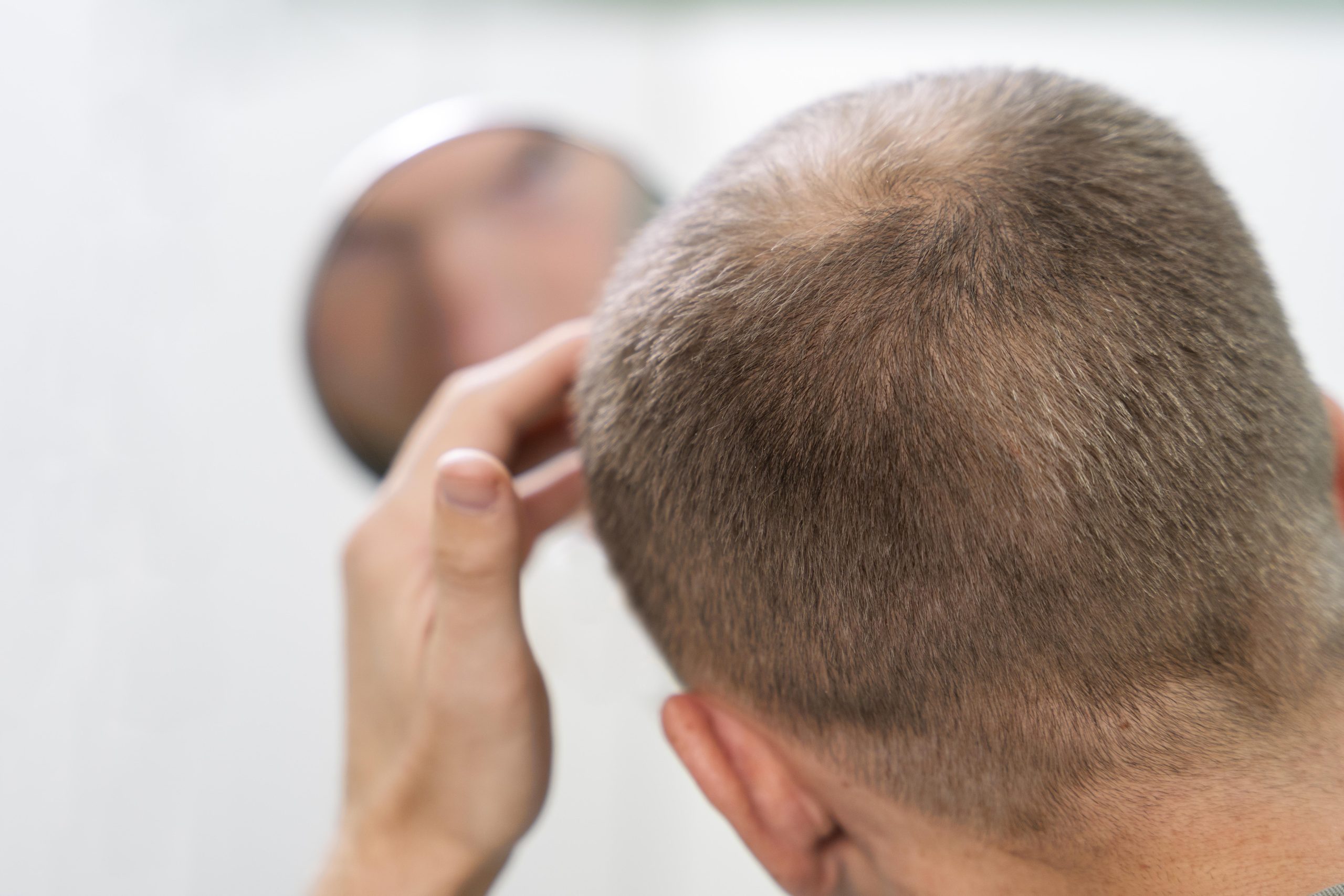
Precautions to Take Prior to the Hair Transplant Procedure: Ensuring Successful and Smooth Treatment
Hair transplantation is a surgical procedure that involves the redistribution of hair follicles from a donor area to areas experiencing hair loss or thinning. To ensure a successful and smooth hair transplant procedure, it is crucial to take certain precautions beforehand. These precautions help optimize the outcome of the surgery and minimize the risk of complications. In this blog, we will discuss the important precautions to consider prior to a hair transplant procedure.
1. Consultation with a Qualified Surgeon
Before undergoing a hair transplant, it is essential to schedule a consultation with a qualified and experienced hair transplant surgeon. During this consultation, the surgeon will assess your hair loss condition, evaluate your eligibility for the procedure, and discuss your expectations. They will also provide you with detailed instructions on the necessary precautions to take before the surgery. It is crucial to follow their advice closely to ensure the best possible results.
2. Medication Review
Inform your surgeon about any medications or supplements you are currently taking. Certain medications, such as blood thinners, anti-inflammatory drugs, and herbal supplements, can interfere with the surgery or affect the healing process. Your surgeon may advise you to temporarily discontinue or adjust the dosage of these medications prior to the procedure. It is important to strictly adhere to their recommendations and consult with your primary healthcare provider if needed.
3. Smoking and Alcohol Cessation
Smoking and alcohol consumption can negatively impact the healing process and increase the risk of complications during and after the hair transplant procedure. Both smoking and alcohol can impair blood circulation, delay wound healing, and increase the chances of infection. It is strongly advised to quit smoking and limit alcohol consumption for at least a few weeks prior to the surgery. Doing so will help optimize the outcome and promote a faster recovery.
4. Avoidance of Blood-Thinning Substances
In the days leading up to the hair transplant procedure, it is important to avoid substances that can thin the blood or increase bleeding. This includes aspirin, non-steroidal anti-inflammatory drugs (NSAIDs), vitamin E supplements, and certain herbal supplements such as ginkgo biloba and garlic. These substances can increase the risk of bleeding during the surgery. It is advisable to consult with your surgeon regarding the specific duration for which you should refrain from these substances before the procedure.
5. Hygiene and Scalp Care
Maintaining good hygiene and scalp care prior to the hair transplant procedure is essential for a smooth and successful surgery. It is recommended to wash your hair and scalp thoroughly on the day of the procedure using a mild shampoo. However, avoid using any hair products, such as gels or sprays, on the day of the surgery, as they can interfere with the transplant process. Additionally, make sure to keep your scalp clean and free from infections or skin conditions prior to the surgery. If you have any concerns or skin issues, notify your surgeon beforehand.
6. Adequate Rest and Nutrition
To prepare your body for the hair transplant procedure, ensure that you get adequate rest and maintain a healthy diet. Sufficient sleep and rest prior to the surgery will help your body be in the best condition for the procedure. Additionally, consuming a balanced diet rich in vitamins, minerals, and protein will provide your body with the necessary nutrients for healing and tissue regeneration. Consider incorporating foods such as fruits, vegetables, lean proteins, and whole grains into your diet in the days leading up to the surgery.
7. Transportation and Support
Arrange for transportation to and from the clinic on the day of the hair transplant procedure. Following the surgery, you may experience some discomfort or drowsiness, and it is not advisable to drive yourself home. Having someone accompany you to the clinic and assist you with transportation is important for your safety and well-being.
8. Mental and Emotional Preparation
Undergoing a hair transplant procedure can be a significant decision, and it is important to be mentally and emotionally prepared. Educate yourself about the procedure, have realistic expectations, and understand the recovery process. Discuss any concerns or apprehensions with your surgeon during the consultation. It can also be helpful to seek support from friends or family members who can provide encouragement and reassurance throughout the process.
Taking these precautions prior to a hair transplant procedure can significantly contribute to a smooth and successful experience. By following the instructions provided by your surgeon, you can optimize the outcome of the surgery, minimize the risk of complications, and enhance the healing process. Remember, each individual’s circumstances may vary, so it is important to consult with a qualified surgeon to receive personalized guidance and recommendations for your specific situation.





